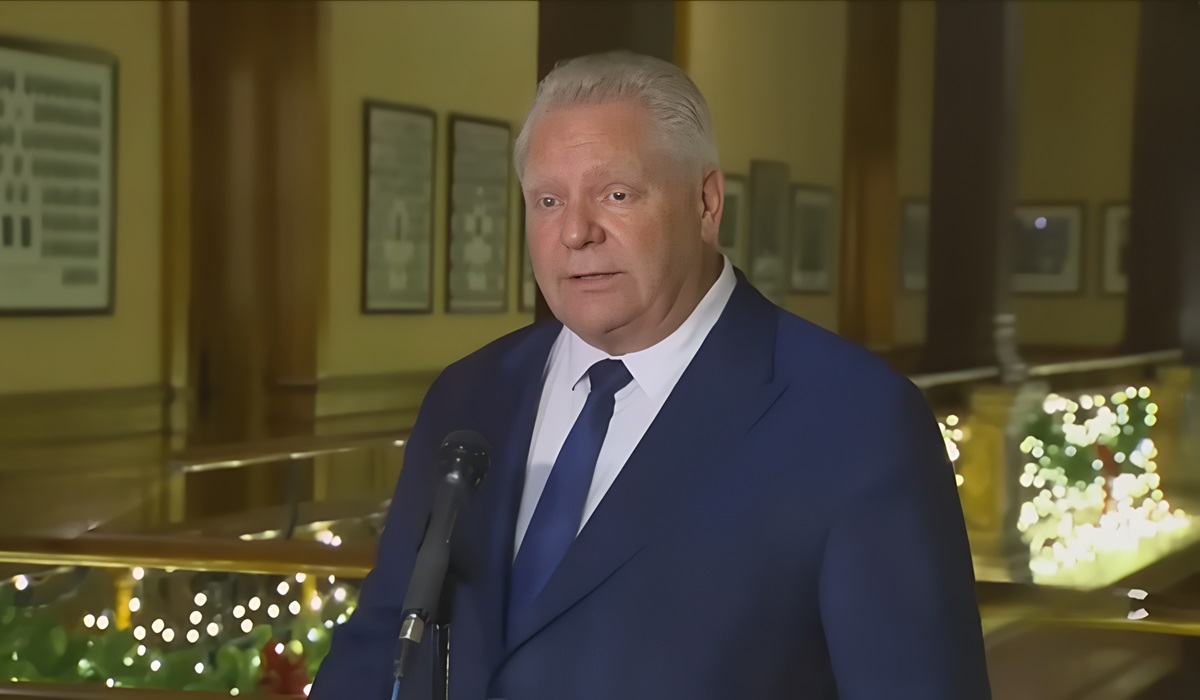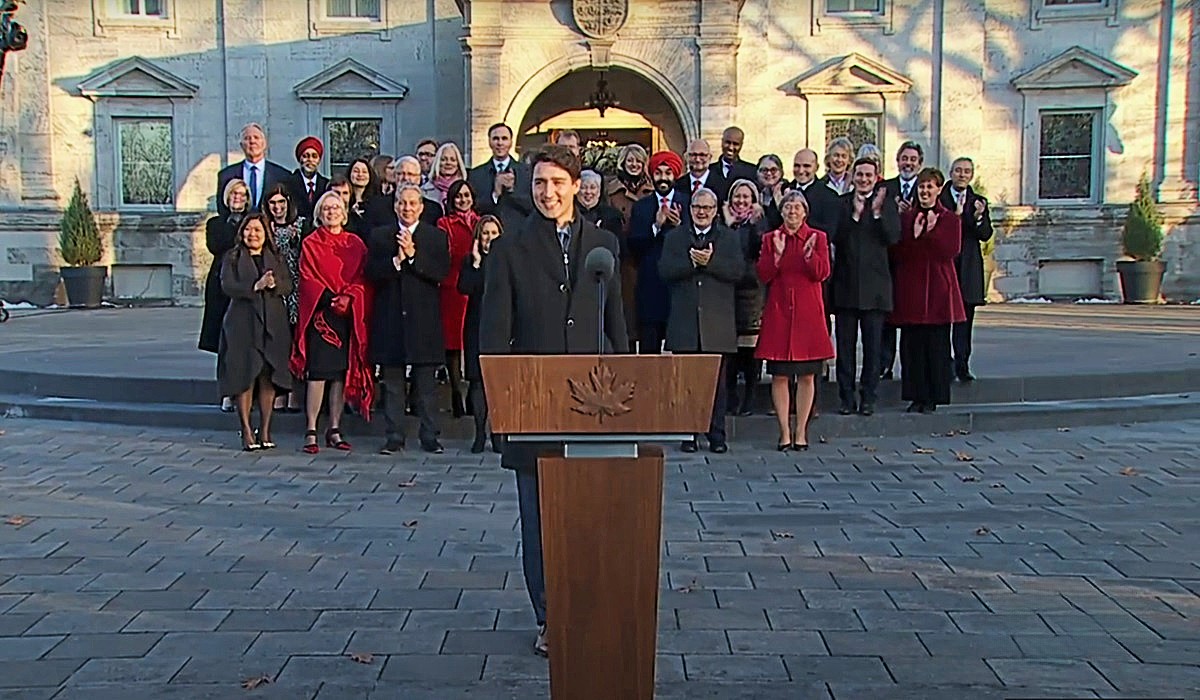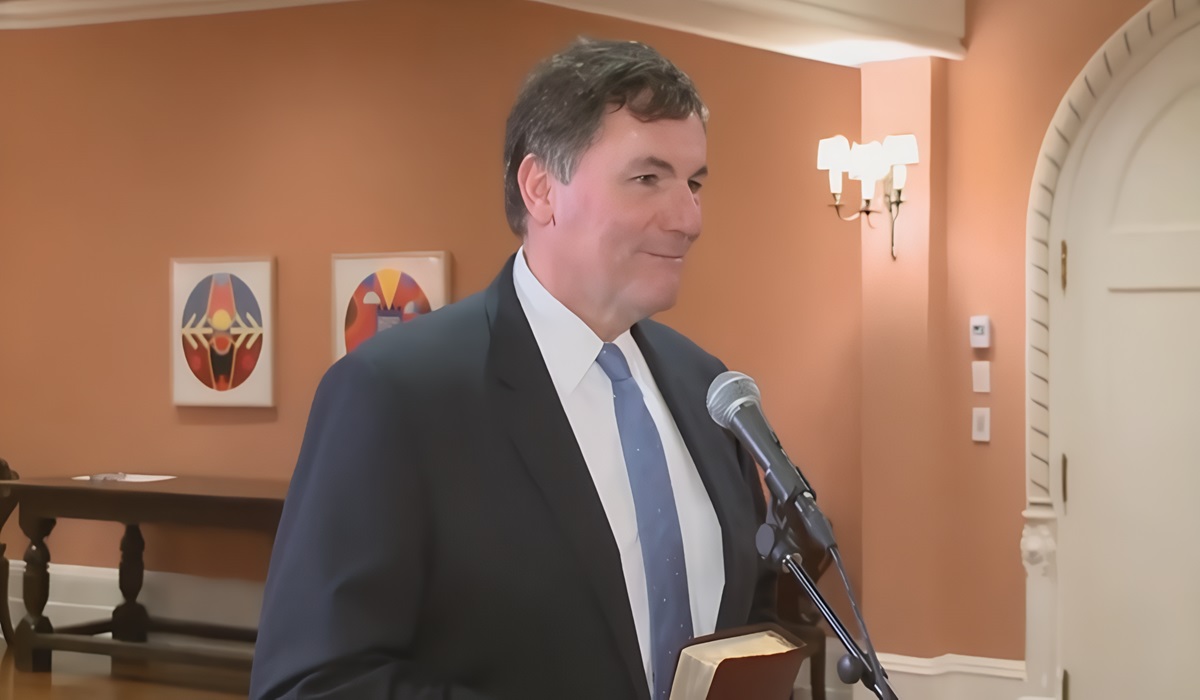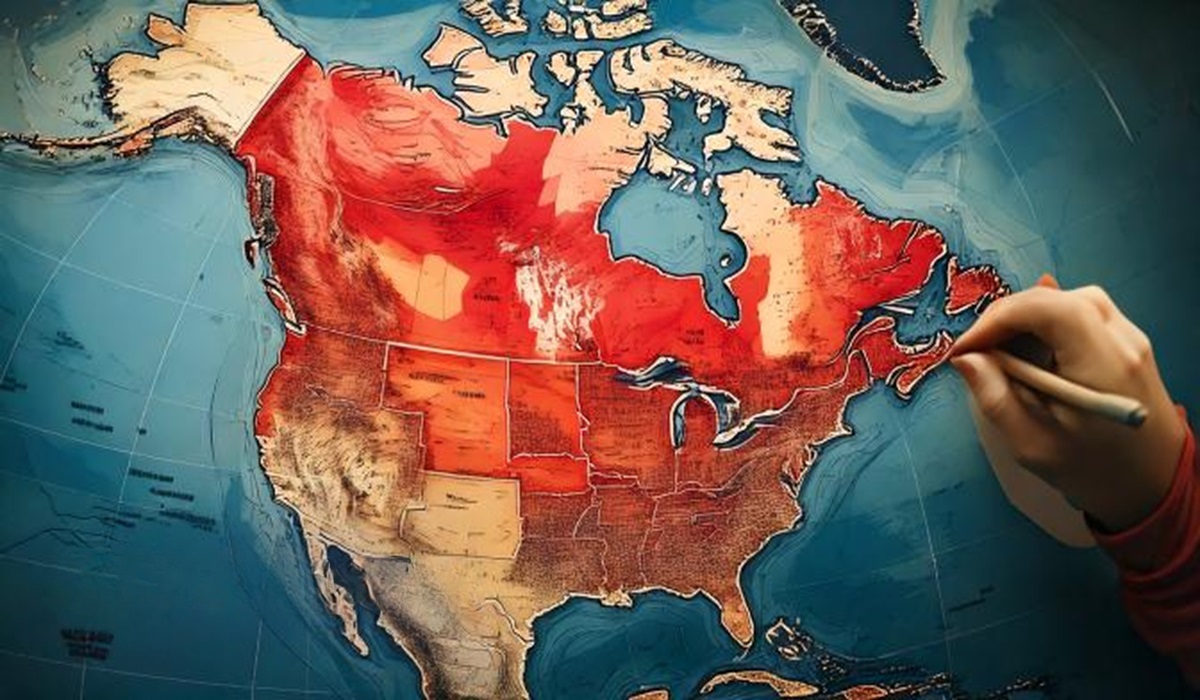Political Fallout Escalates as Trudeau Accuses Conservative MPs of Ties to Foreign Interference
- TDS News
- Canada
- October 18, 2024
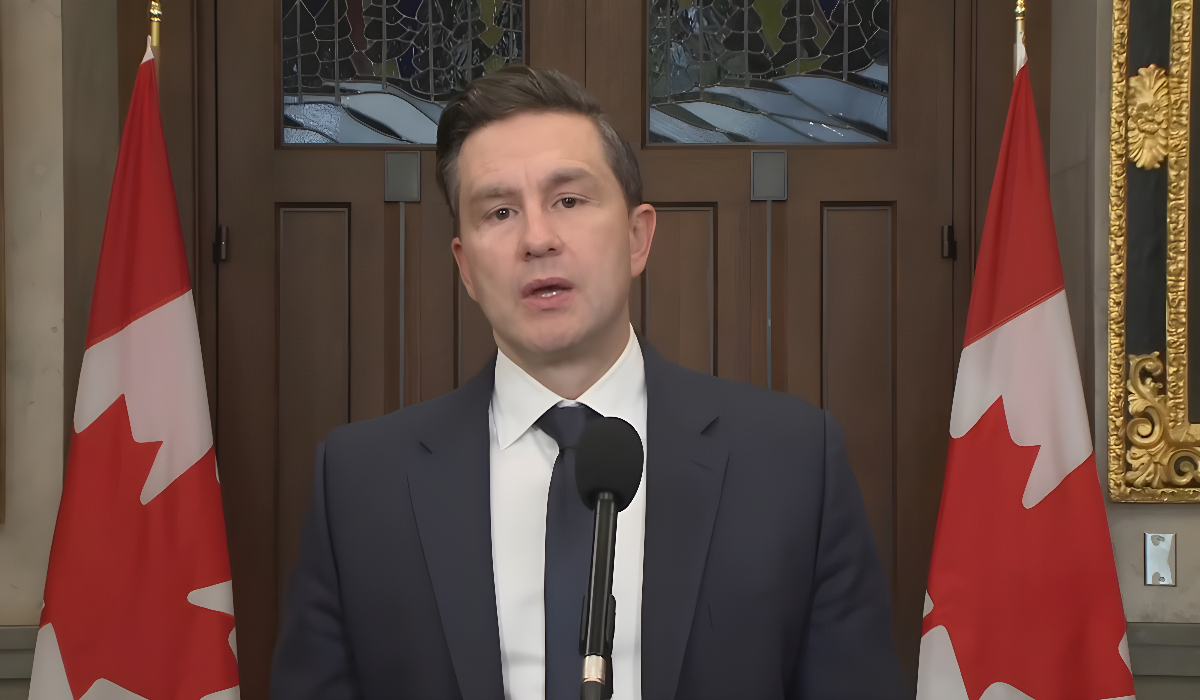
Prime Minister Justin Trudeau’s recent testimony before a public inquiry has ignited serious political fallout, with allegations of foreign interference reaching members of the Conservative Party of Canada. Trudeau claimed that he has knowledge of current and former Conservative parliamentarians, as well as candidates, who are either involved in or at high risk of being compromised by foreign interference, supported by intelligence reports. However, he explained that he is unable to share the specific names with Conservative leader Pierre Poilievre because Poilievre has refused to accept a security briefing from the National Security and Intelligence Committee of Parliamentarians (NSICOP), which would give him access to this classified information.
The fallout from Trudeau’s testimony is still reverberating, particularly over Poilievre’s refusal to receive security clearance. Poilievre has stated that accepting the NSICOP briefing would prevent him from being critical of the government, a position he argues is necessary to hold Trudeau’s administration accountable. By declining the briefing, Poilievre says he is protecting his ability to engage in open criticism without being restricted by the secrecy of classified intelligence. However, this refusal has drawn criticism from Trudeau and others, who believe it prevents the Conservative leader from taking informed action regarding potential threats within his own party.
Trudeau stressed the consequences of Poilievre’s decision during his testimony. “The decision by the leader of the Conservative Party to not get those classified briefings means that nobody in his party, not him, nobody in a position of power knows the names of these individuals and can take appropriate action,” Trudeau said, emphasizing that the opposition remains unaware of which individuals may pose a threat.
In response, Poilievre has called on Trudeau to publicly release the names of parliamentarians across all parties, including Liberals, who might have ties to foreign interference. He argues that transparency on this issue should not be limited to one party and that Canadians deserve to know the full extent of the problem. By pushing for the release of names across the political spectrum, Poilievre hopes to shift attention away from his party and place pressure on Trudeau to be equally transparent about any interference involving his own MPs.
This ongoing exchange highlights the broader challenges of dealing with foreign interference in Canadian politics. Trudeau’s allegations have placed the Conservative Party under scrutiny, while Poilievre’s refusal to receive classified briefings raises questions about the best way to address potential threats to national security while maintaining open political discourse. As pressure mounts for more clarity and accountability, the fallout from these revelations continues to shape the debate over how Canada handles the issue of foreign influence in its political system.





